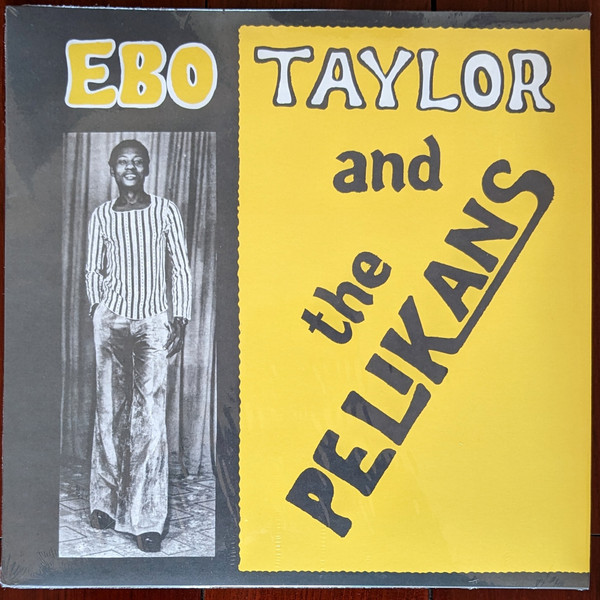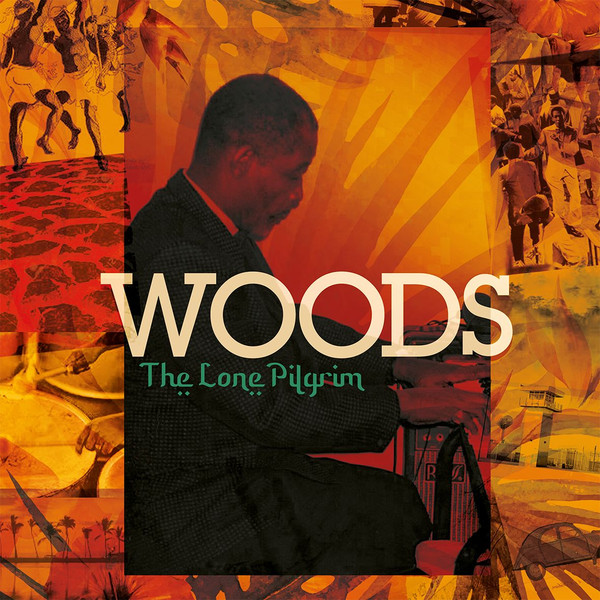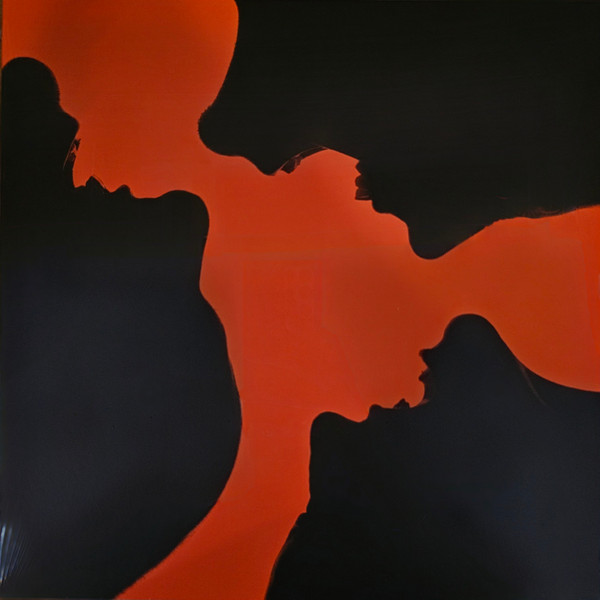By continuing your navigation on this website, you accept the use of cookies for statistical purposes.



Ayizan
Dilijans
Dilijans is the lone album released by Ayizan, the brilliant Haitian ensemble founded by guitarist and composer Alix Pascal. Recorded in New York in 1984, Dilijans presents a powerful combination of Black American jazz and rara, a Haitian musical form that is played to accompany processions in street festivals, religious ceremonies, protests, and beyond. Sung in Haitian creole, Pascal’s songs throughout Dilijans comment on complex sociopolitical realities. His lyrics were cloaked in metaphor as a means of avoiding a direct critique of (or confrontation with) the repressive U.S.-backed Haitian government.
The album opens with “Deblozay,” which is built upon a percolating rhythm and call-and-response choral vocals. Felix “Fefe” Etienne’s bass playing on here is especially fluid and dexterous, anchoring the band rhythmically, melodically, and harmonically. As the band’s intensity builds, Pascal’s lyrics warn the community that if they don’t speak out about the political issues of the day, chaos will overtake them and their country.
“Pwoblem” opens with subtly swinging rhythm before Pascal’s lead and the backing choral vocals take center stage. Etienne once again guides us through the song with some nimble, melodic basslines and unexpected changes that shift the entire emotional tone whenever they occur. The interplay of the musicians here is impossibly intricate and the song’s relentless, hypnotic groove makes the nearly eight-minute runtime fly by. The title track is an anthemic call to action with an entrancing vocal melody. The guitar, bass, and percussion are so inextricably locked that the musicians seem to move together as one cohesive unit. Ayizan show off their jazz chops on “Tribiilayson.” The song’s intro section consists of an electric piano and saxophone briefly playing around one another before the bass, drums, and vocals join in to flesh out the tune. Alix “Bouyou” Amboise’s saxophone playing is a standout element of “Tribiilayson” as he solo’s with fire and inventiveness. In the song’s lyrics, Pascal tells the story of a man who has grown old, only to perish before getting his affairs in order.
Much like jazz, rara is a social music, inextricably linked to the community that produced it. Ayizan exhibited this by putting together a collection of songs that speak to the shared experiences and immediate concerns of Haitians everywhere. The result is an album in which the politics, music, and spirit of the Haitian people coalesce beautifully.
A1
Deblozay
8:40
A2
Pwoblem
7:49
B1
Dilijans
6:19
B2
Tribilasyon
6:44
B3
Tèm (Ayizan)
0:32





